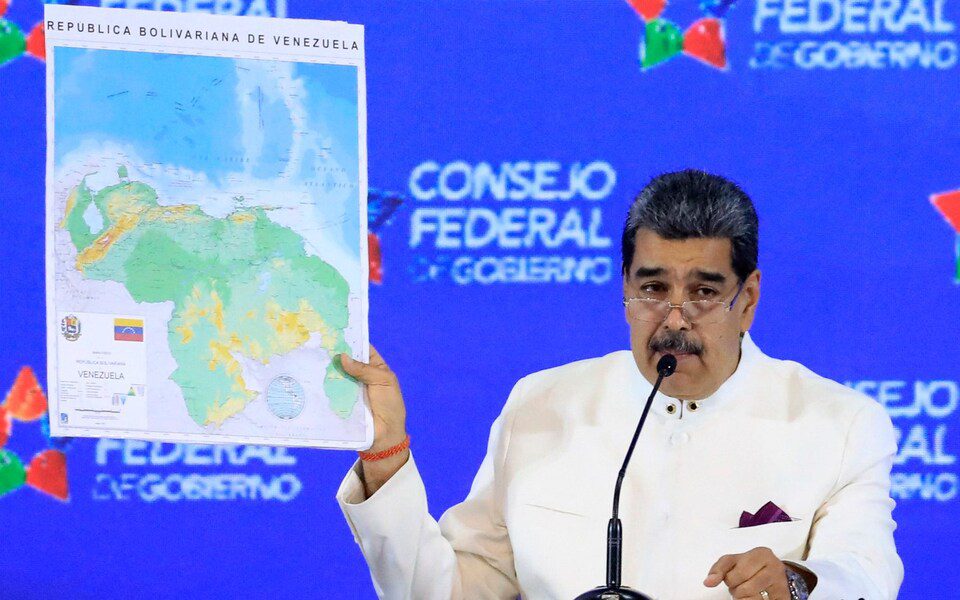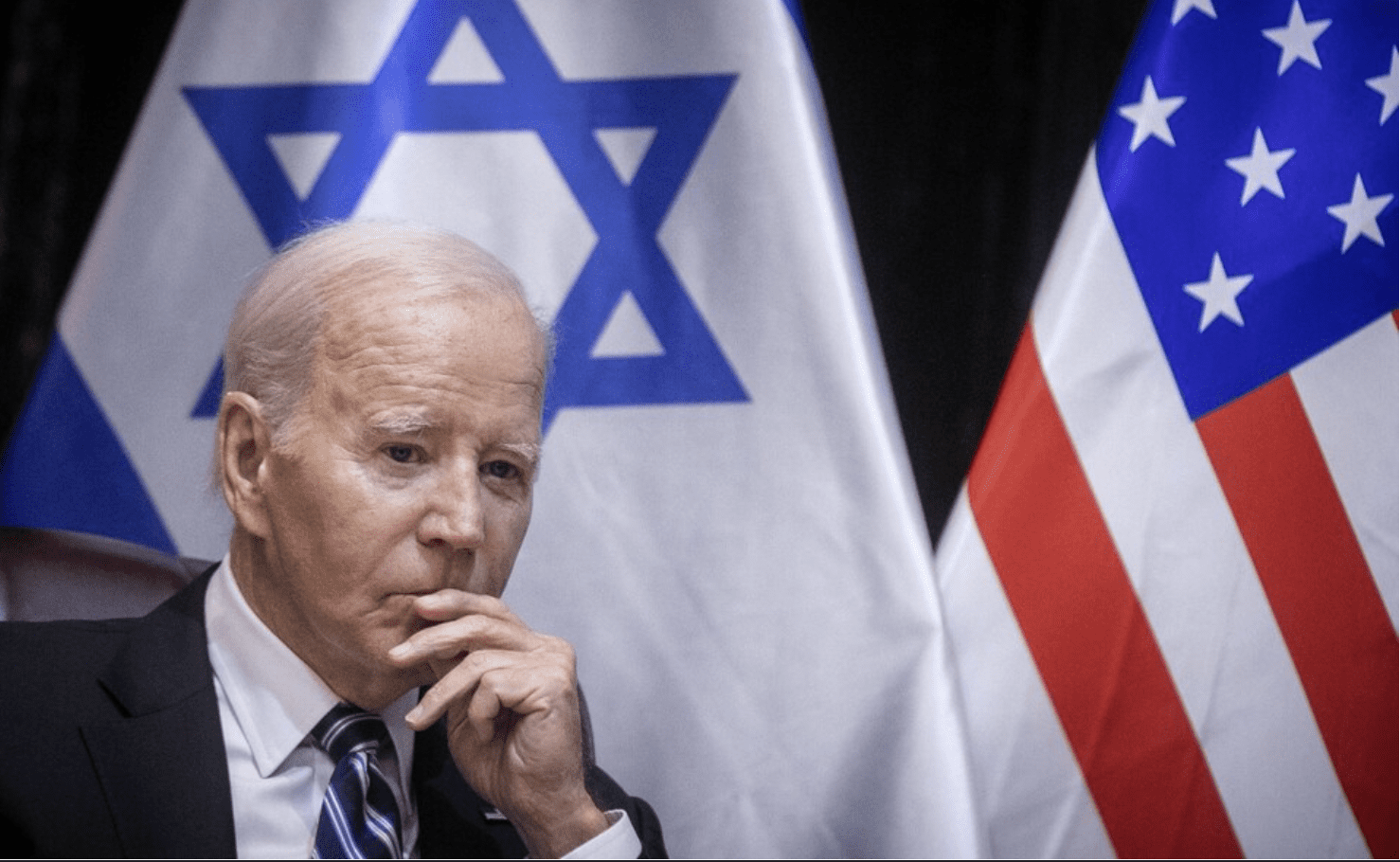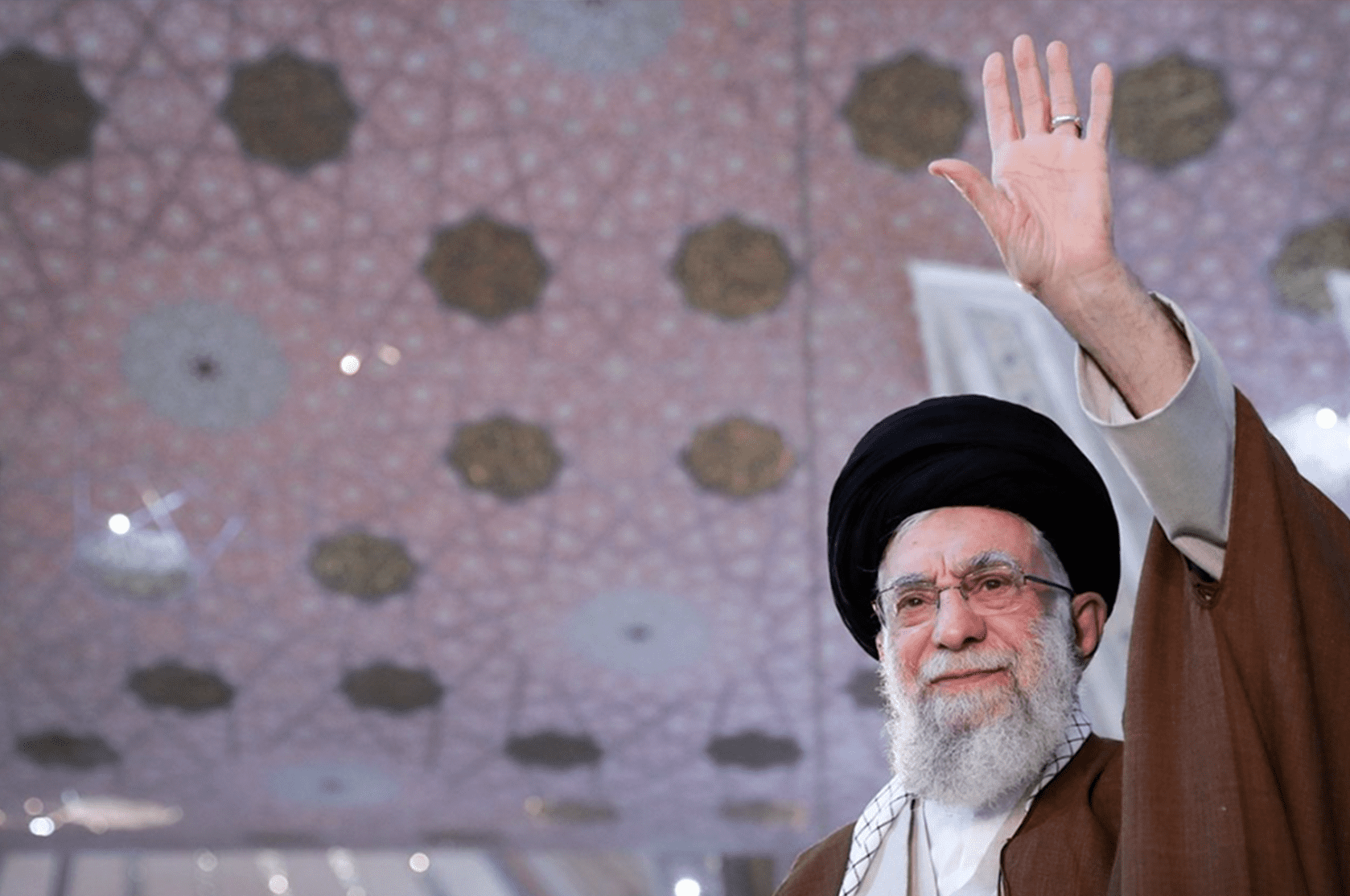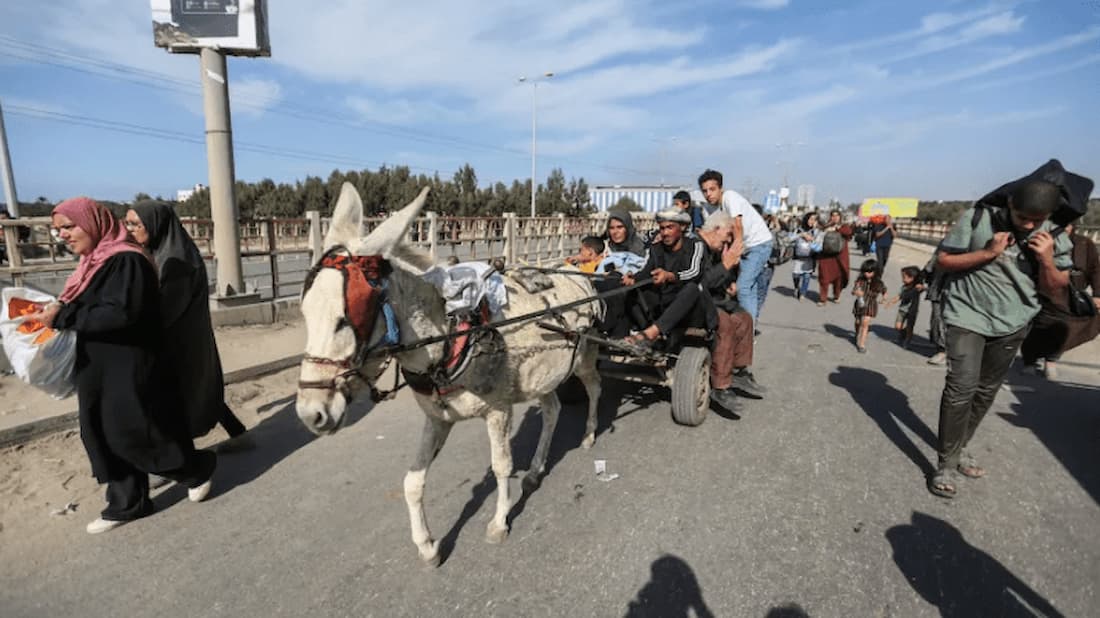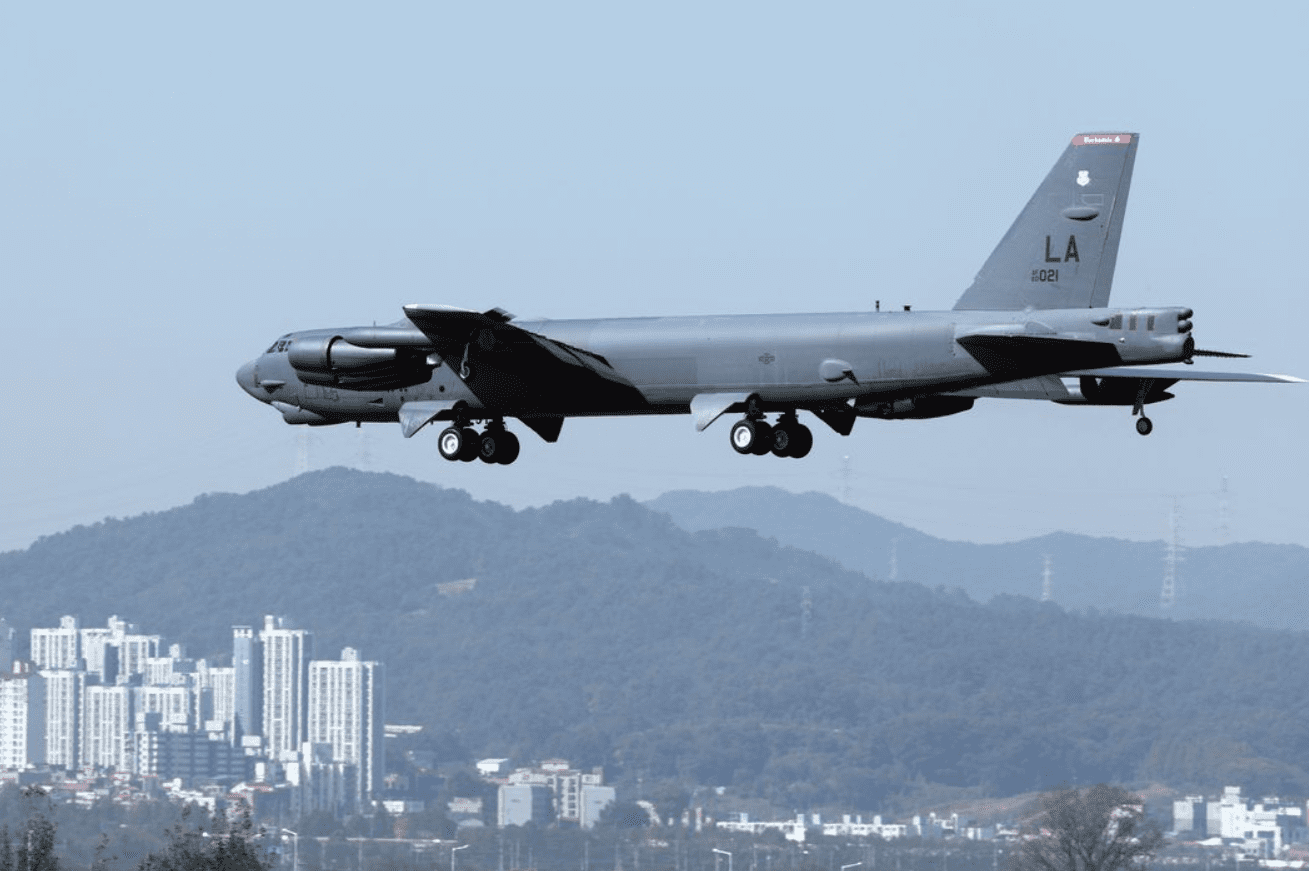By Dr. David Wurmser
The current war between Israel and Hamas is not an Israeli-Palestinian issue, nor should its goals be only the removal of Hamas from power. The Palestinian issue is certainly an aspect of the conflict. But this is a regional strategic event. It is a major episode in the twilight struggle between Iran and Israel – indeed between the US-oriented regional bloc and the Russian-Chinese oriented bloc — and not a localized conflict between Israel and an errant terror group.
From what is emerging, Hamas did anticipate the withering, catastrophic Israeli response to what it did on October 7. But it still proceeded. While that appears to us as suicidal, it is not. Hamas appreciated that it had reached its strategic zenith in Gaza and needed to carry its center of power and the war to the West Bank and thus deems Gaza expendable – as its leadership has said since the attack. Moreover, it is equally important to understand that Hamas appreciates that its local power to achieve that transfer is derivative of the overall consequence of the strategic rise and initiative of Iran. As a suicide bomber seeks to advance its cause, or a Kamikaze squadron understands its role is to advance the nation, and not just itself, so too did Hamas understand that it had to sacrifice itself in Gaza to advance the larger strategic interests of its camp to secure ultimately victory.
And since a suicide bomber or Kamikaze squadron cannot be deterred since any calculation of self-interest is annulled, so too Hamas could not be deterred based on local calculations of interest upon which Israel’s intelligence based its estimates. The error of Israeli intelligence, thus, was that it supposed such decisions about war and calm came only from Gaza. They didn’t. They came from Tehran. Perhaps the timing was Hamas’, and there are signs it was launched prematurely, but the strategy is Tehran’s. Any discussions of Iran’s operational role in ordering this attack at this time are irrelevant. Iran built and prepared Hamas to advance the larger strategic message across the region — especially to those who were forming a regional alliance and beginning to build strategic momentum against Iran — that Israel’s stature as a viable state, let alone as a rising, regional power, is an illusion. Israel has recovered from its initial shock and on its way to victory in Gaza. But to reclaim the region’s strategic momentum and regain the initiative for the Western-allied bloc of which it was stripped on October 7, such a victory is insufficient, and was even anticipated by Iran and Hamas, both of whom understood this strategic conflict will not be won there by either side. While Israel must not only retain its current resolve in Gaza, it must also transfer that determination to areas that represent Iran’s core strategic stature in the region. And that is Hizballah and Syria. Thus, to win not only a tactical victory against Hamas in Gaza, Israel must win a strategic victory against Iran by hitting its core proxies to the north as well.
Iran fears that if Israel indeed accomplishes such a strategic reversal, it can reverberate and threaten the regime in Tehran. Totalitarian regimes project stability, but in truth they have little ability to absorb ideological shocks and setbacks without it rattling their ideological core and confidence. To avert disaster, Tehran thus needs to escalate its attempt to maintain the strategic initiative, at the core of which is securing the narrative that Israel is weak.
In this context, and perhaps at first seemingly contradictory, Iran’s objective is ironically to draw the US into the conflict more directly.
Tehran remains confident that any US response will be punitive, measured and symbolic and not strategic. It has been given no reason to believe that the US has, or will, undergo the sort of paradigm shift as Israel now appears to be undergoing, and thus Washington will not abandon its attempt either to reach a regional understanding with Iran. Indeed, Iran reads every statement of warning from Washington to reassert US deterrence as an indication the United States is still playing by the rules Iran manipulates. Iran cannot deal with chaos and unpredictability, since a strategy of manipulation implies one anticipates and thus navigates to control one’s opponent’s soul and behavior. Because it believes America will not break established rules and act unpredictably – especially that America will not fundamentally shift the paradigm and will not conclude it must work to collapse, rather than come to terms with, the Iranian regime — Iran is confident it can leverage and manipulate any US reaction to its advantage. As such, Tehran feels it can safely risk limited US intervention.
Since the point of the attack on October 7 was to wound and humiliate Israel so painfully that it punctures the hope of Abraham Accord countries and Saudi Arabia that Israel can be a regional strong horse to which to attach their fortunes, then it became imperative for Iran to set the narrative that Israel is no more than a collapsing “spider web.” Iran knew images of dead and fleeing Israelis – the same images that so horrified Israelis and Westerners animated those in the region — projected Israeli weakness. It is precisely in this context, that US promises of intervening to help Israel were gleefully amplified in the Iranian press because they confirm that Israel was damaged so profoundly that it could no longer defend itself alone.
But now Israel is reunifying and threatening to go on a strategic rampage against Iran’s core proxy, Hizballah, and perhaps Syria which threatens to reverse and even obliterate the narrative of strategic momentum of a retreating/collapsing Israel and advancing Iran. And to do so alone. So Iran now must now craft a new narrative: that Israel was indeed — and remains — so weak that America must intervene actively and directly to save it. And that Americans now will have to be sacrificed to save the Jewish state in its non-viable weakness. Namely, it needs to establish that Israel has become such a limping albatross that it is a drains the US rather than being a regional strong horse anchoring Western power.
So important is it to Iran to establish this narrative, that they are inventing evidence to validate it. For example, Iranian government officials plant the story that a week after the visit by President Biden to Israel in mid-October, Israel transferred control over its nuclear program to the United States since Israel is collapsing and in the ensuing chaos it will either lose the nuclear asset to Iran and the Palestinians or use it. And as we have seen over the last few weeks, Iran has a substantial echo chamber in the West.
It is in this context that one must understand Nasrallah’s, Iran’s, and Hamas’ statements that they underestimated the US assistance to Israel. This is not an admission of miscalculation, but a manipulative statement. It is not genuine reflection, but an attempt to establish the fiction that the US is directly intervening because Israel remains too weak to do this alone. Through inconclusive American intervention, Iran seeks to paint a strategic narrative establishing Iran as strategically ascendent and Israel and the Abraham countries in a despairing, flailing retreat.
But for that narrative to work, they need to get America to intervene just enough to make it look like an American war, but not enough to provoke America to shift strategically. Iran’s aim is eventually to push Washington to revert to Iran to seek a regional arrangement to calm down the area — i.e., an expanded JCPOA 2.0.
Iran is counting on the US also to split with Israel and seek to impose an Oslo 2.0 — namely to go back to Abu Mazen to rehabilitate the two-state idea and give him Gaza. Iran is right. The current administration in Washington still sees this a localized Hamas-Israel conflict and retreats into the pre-October 7 paradigm: redouble efforts to make a success the policies pursued before October 7 – a two state solution crafted around a rehabilitated Palestinian Authority. The ancient Greeks understood in their tales that those whom the gods seek to destroy, they first drive crazy by prodding the tragic figure into ill-conceived determination to redouble his same efforts while losing sight of his goals.
Iran expects that will isolate Israel, keeps Jerusalem from fully reversing the weakness of being initially wounded, perhaps even have the United States restrain Israel enough to prevent them from addressing the threat from Hizballah to the north, and through all this to thus maintain for Tehran the regional momentum of being in strategic ascendency. It correctly estimates that the United States fails at this stage still to appreciate that strong Israeli action against Iran’s regional strategic foundations in Lebanon and Syria signal that Israel fully understands it is now in a twilight struggle to seize the regional strategic momentum, and that Jerusalem will prosecute that struggle confidently and bring the war bearing down away from Israel and into Tehran itself.
But this, in fact, may be a blessing in disguise. If at the core of Iranian strategy is to portray Israel as fatally wounded and liming to its demise, saved only by US power, then having Israel – not US power – deliver a catastrophic strategic blow alone sends a critical message all in the region reasserting not only its viability, but its rising rather than eroding power. That Israel must do this without a US green light actually strengthens the impact of this message regionally.
But eventually, the United States will awake and realize Iran’s strategic campaign is only part of the larger sleepless malice (to pilfer from Tolkien’s The Hobbit) that stretches from Pyongyang to Caracas, passing through Beijing, Moscow, Sanaa and Algiers, which now stirs. Eventually, Washington will abandon the twin shibbolets of Oslo 2.0 and JCPOA 2.0 and shift the paradigm to focusing on helping the Iranian people bring the nightmare of their regime to its demise. Until then, it is imperative for Israel now to seize the strategic initiative regionally to deliver not only for itself, but for Washington a great victory against its better judgment.
It is a great but unavoidable burden for Israel to do this initially without an American green light. But at the same time, there is yet another irony in this situation. Israel will actually secure greater support in the long term by acting with such strength and strategic purpose regionally. Israel will eventually win great American support since it establishes Israel as the key pillar of the Western alliance in the region – which ultimately reduces the need for constant American power being projected there as it needs to refocus on Asia and Europe. Also, when Arab nations see Israel as the strong horse, they will make peace, which further secures regional acceptance and eases Arabist pressures on America.
But most importantly, Americans have always seen in Israel an image of themselves, and at the core of that brand was that Israel stood on its own legs always to defend itself by itself – just as Americans always have. For Americans, anyone that fights for what he believes in, even if he must fight alone, is someone worth fighting for and aligning oneself with. As such, a confident and self-reliantly victorious Israel will also tap again into America’s recently eroding imagination of Israel’s being a tough, independent-minded and principled nation onto which America can once again – as after 1967 and Entebbe — project its own image of itself.
